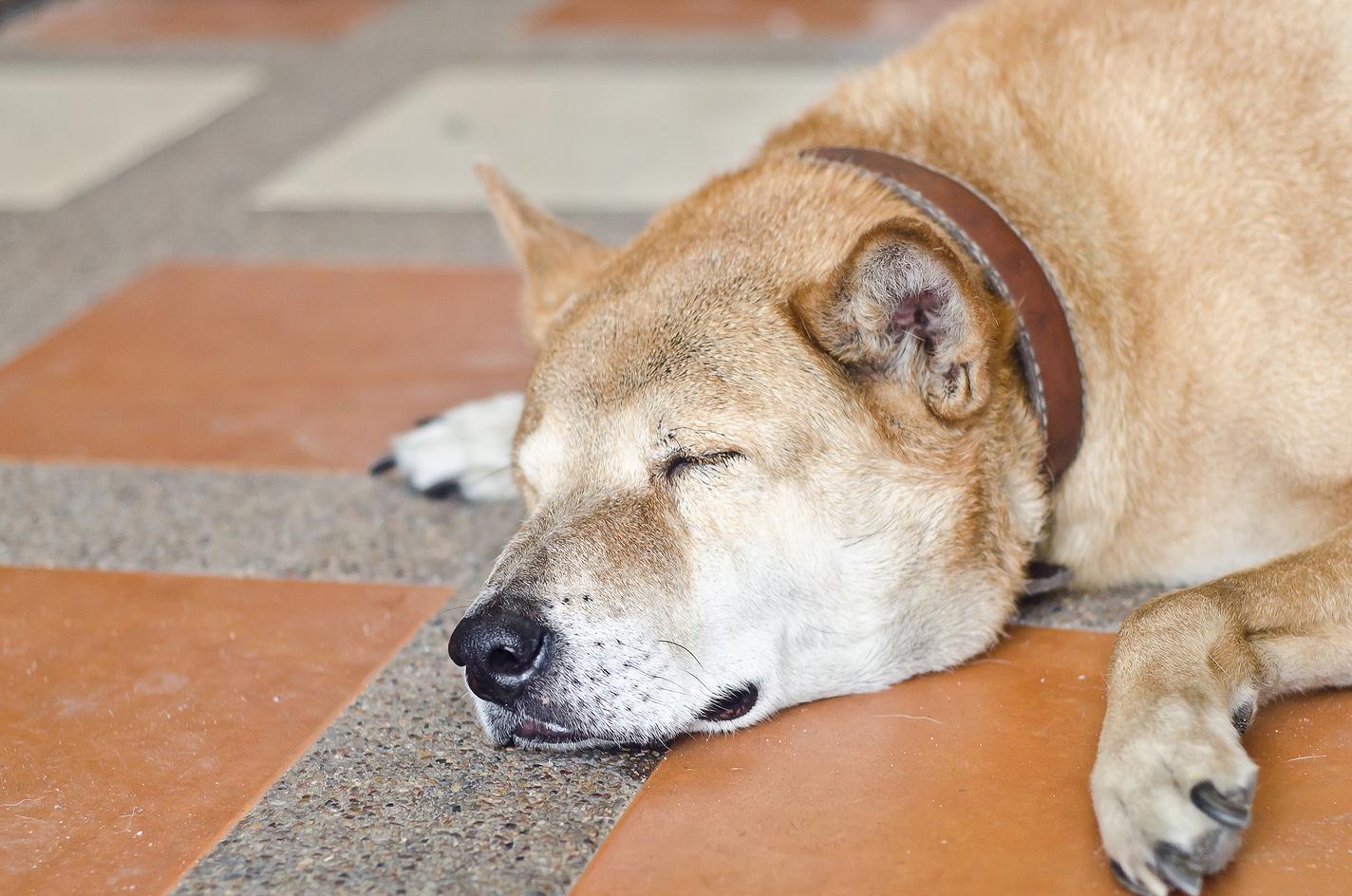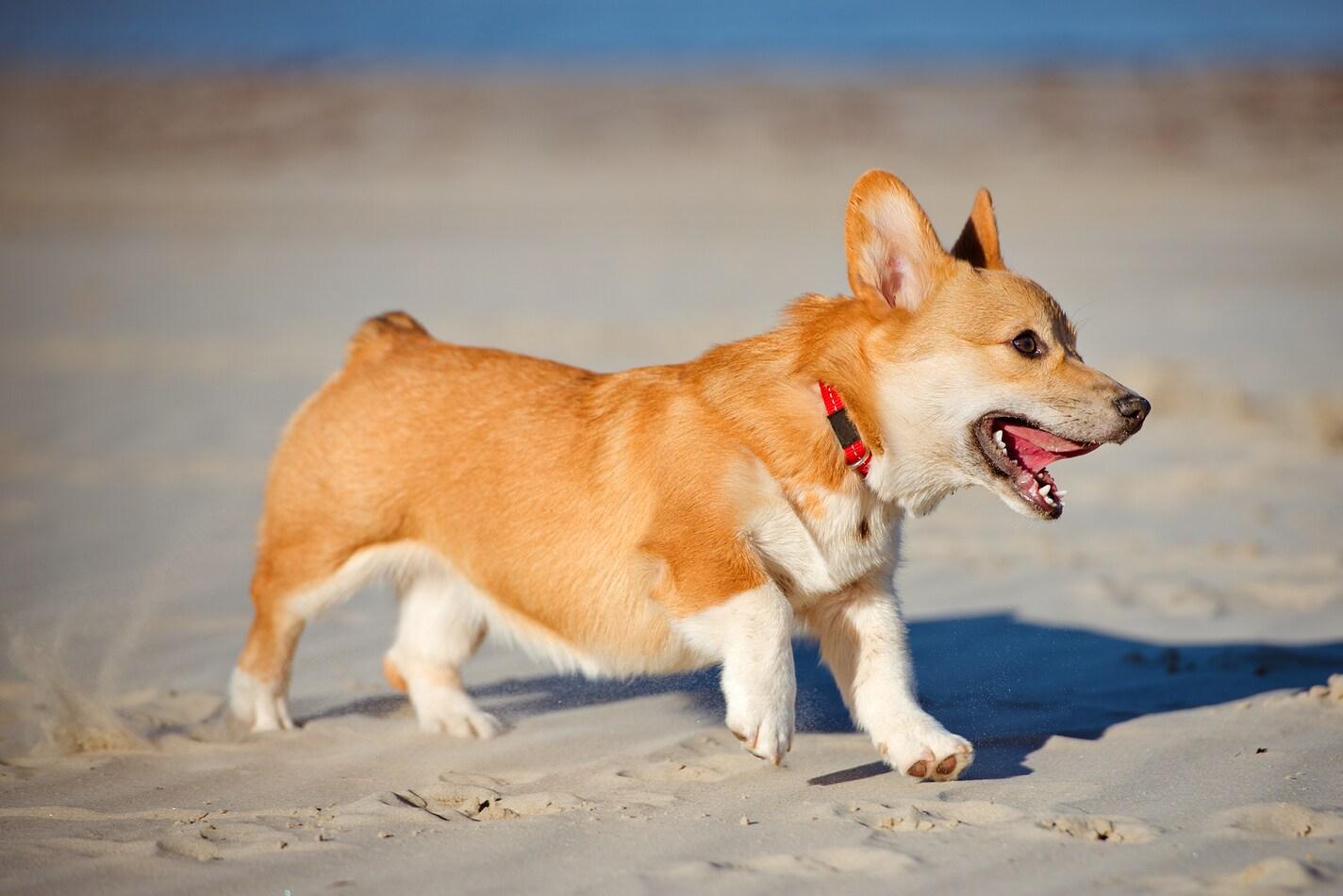
-
Find the right food for your petTake this quiz to see which food may be the best for your furry friend.Find the right food for your petTake this quiz to see which food may be the best for your furry friend.Featured products
 Perfect Digestion Large Breed Puppy Food
Perfect Digestion Large Breed Puppy FoodPrecisely balanced nutrition with Hill's ActivBiome+ prebiotic blend actively contributes to supporting digestive health and overall well-being to help your pet feel their best
Shop Now Small & Mini Mature Adult 7+ Dog Food
Small & Mini Mature Adult 7+ Dog FoodHill's Science Plan Small & Mini Breed Mature Adult Dog Food with Chicken is a complete pet food, specially formulated with ActivBiome+ Multi-Benefit Technology.
Tailored nutrition to support graceful ageing in small dogs. Specially made with a synergistic blend of nutrients for energy & vigor.Shop Now Perfect Digestion Small & Mini Adult Dog Food
Perfect Digestion Small & Mini Adult Dog FoodHill's Science Plan Perfect Digestion Small & Mini Breed Adult Dog Food with Chicken & Brown Rice supports ultimate digestive well-being & a healthy microbiome.
Shop NowFeatured products Hairball & Perfect Coat Adult Cat Food
Hairball & Perfect Coat Adult Cat FoodHill's Science Plan HAIRBALL & PERFECT COAT Adult cat food with Chicken is specially formulated to effectively help avoid hairball formation in adult cats while promoting a beautiful coat. Thanks to its mix of essential Omega-6 fatty acids, this food benefits the cat's skin and fur keeping them healthy and shiny. Our Advanced Fibre Technology helps reduce hairballs by naturally promoting their passage through the gut. This food is formulated with high-quality protein for a perfectly balanced, great-tasting recipe.
Shop Now Hypoallergenic Dry Cat Food
Hypoallergenic Dry Cat FoodHILL'S SCIENCE PLAN Hypoallergenic Adult cat food with egg & insect protein is a complete pet food for adult cat 1–6 years old. It's formulated for cats with delicate skin and stomach, with limited high quality novel protein sources & no grain.
Shop Now Kitten Food
Kitten FoodHill's Science Plan Kitten Wet Cat Food Premium Chunks in Sauce with Chicken is a complete pet food for kittens and for pregnant or nursing cats
Shop Now -
Dog
- Dog Tips & Articles
-
Health Category
- Weight
- Food & Environmental Sensitivities
- Urinary
- Digestive
- Joint
- Kidney
-
Life Stage
- Puppy Nutrition
- Adult Nutrition
- Senior Nutrition
Cat- Cat Tips & Articles
-
Health Category
- Weight
- Skin & Food Sensitivities
- Urinary
- Digestive
- Kidney
-
Life Stage
- Kitten Nutrition
- Adult Nutrition
Featured articles The Right Diet For Your Pet
The Right Diet For Your PetLearn what to look for in healthy pet food & nutrition, including ingredients, quality of the manufacturer, your pet's age, and any special needs they have
Read More Pet Food Storage Tips
Pet Food Storage TipsWhere you store your cat and dog food can make a big difference in the quality and freshness once it is opened. Here are some common questions and recommendations for optimal storage for all of Hill’s dry and canned cat and dog food.
Read More Understanding Your Pet's Microbiome
Understanding Your Pet's MicrobiomeLearn what a pet's microbiome is, how it contributes to your pet's gut & overall health, and why nutrition is important in maintaining healthy microbiomes.
Read More -


"What defines constipation?" and "Why is my dog constipated?" are questions frequently asked by pet owners. On the opposite end of the gastrointestinal (GI) spectrum lies diarrhoea, which can also be perplexing since it can have many underlying causes. Both of these GI issues in dogs can cause lethargy, bloating and extreme discomfort. Although providing your dog with nutritionally balanced food and avoiding dietary indiscretions (like trash picking, ingesting toys and nibbling table scraps) can minimise GI upset, constipation and diarrhoea are common conditions pet parents should be aware of and know when it’s time to see the the vet. Your vet can help identify the cause of your dog’s constipation and the best way to manage it.

What Is Constipation?
Most dogs have a typical daily pattern of bowel movements. You probably already know it well from the number of bags you bring on a walk. Keeping track of your dog's normal habits can help you identify when something might be wrong.
Before you ask "Why is my dog constipated?" you should know how to spot the signs. Constipation refers to infrequent or difficult passage of stool. The stool passed is often hard and dry and might contain blood. A dog that poops occasionally one or two times less than usual is generally not cause for alarm, but if your dog has not passed stool in more than a day and is showing signs of straining or a poor appetite, call your veterinarian.
Why Is My Dog Constipated?
The question of why your dog is constipated can have many answers. A physical exam by your vet and tests, such as X-rays, will help discover or rule out the following problems:
- Ingestion of foreign material (clothing, toys, bones, stones, grass, fur, human hair)
- Sluggish intestinal movement
- Dehydration
- Matted fur blocking the anus
- Enlarged prostate gland in male dogs
- Hernias (when an injury or strain pushes a small section of an internal organ through the surrounding muscle)
- Tumor or mass within the intestinal tract
- Infected or impacted anal sacs
- Side effect of medications
- Orthopedic and neurological conditions, such as arthritis, that hinder a dog's ability to squat
How Can I Manage My Dog's Constipation?
The management of constipation depends on the underlying cause. In cases where your dog is merely bound up due to matted fur blocking the exit, you can provide immediate relief with grooming clippers. Dogs that are having difficulty passing stools containing fur, grass or bone fragments might need the gentle help of a vet's gloved hand to manually remove the impacted stool. Dogs having difficulty defecating due to enlarged prostate glands, masses within the intestinal tract or hernias will require surgical intervention.
You can help your orthopedically or neurologically impaired dog stay regular by supporting them with a harness while they defecate. Dogs with conditions, such as diabetes mellitus and kidney disease, which can increase their risk of dehydration and constipation, might need supplemental water added to their food or the administration of subcutaneous (under the skin) or intravenous (injected into a vein) fluids. If X-rays show a large amount of stool within your dog's colon, your vet might perform an enema to give them significant and immediate relief.
In order to prevent the frustrating and distressing scenario of dealing with dog constipation, talk to your vet about ways you can handle and prevent constipation. Your vet might recommend giving your pup high-moisture soft food, stool softeners, a high fiber therapeutic food, or a low residue therapeutic food. The increased fiber content of certain therapeutic dog food allows for greater absorption of water, which softens stool and promotes intestinal motility (the body's ability to move food through the digestive system). Always consult a vet before administering any over-the-counter medication to your dog, as many can be dangerous or fatal for dogs if not properly administered.


Tasty Tips
What Is Diarrhoea?
In contrast to constipation, which can leave you wondering when your dog will poop again, diarrhoea can leave a pet parent asking if your dog will ever stop pooping again. Diarrhoea, the production of loose and frequent stools, is one of the most common G.I. issues in dogs. Like constipation, diarrhea can result from a variety of causes:
- Eating rich or indigestible food (table scraps, sticks, toys, trash)
- Sudden change in food or treats
- Food allergy or intolerance
- Stress (boarding in kennel, travel or separation anxiety)
- Parasites
- Viral or bacterial infection
- Inflammatory bowel disease
- Cancer
- Medications (antibiotics can often be a cause)
- Non-gastrointestinal diseases, such as kidney or liver disorders or pancreatitis
How Can I Manage My Dog's Diarrhoea?
GI issues in dogs are consistently found on top-ten lists of medical issues warranting veterinary visits. While many causes of diarrhoea are serious and require medical attention, less severe episodes can be managed at home after you consult your vet. Before talking to your vet, consider the following items so you can provide a more complete description of your pet’s issues:
- How long has the diarrhoea been going on?
- What other medical issues does your dog have?
- What color is your dog's stool?
- Is your dog eating and drinking normally?
- Has your dog vomited?
- Is your dog acting lethargic?
Most importantly, please make sure to consult your veterinarian if you are concerned about any of these issues.
What Home Care Tips Will Help My Dog's GI Distress?
When it comes to managing diarrhoea at home, it's best to follow your vet’s advice carefully. Sometimes your vet will want you to avoid feeding your dog for 24 hours to allow the digestive system to rest. However, fresh water should always be made available. Waiting twelve to twenty-four hours before giving your dog anything to eat allows the inflamed intestines time to rest and recover and minimises the water lost from the body. It is critical to provide your dog with fresh water and to encourage them to drink to prevent dehydration.
Even if your dog's case of diarrhoea seems mild, seeking veterinary care is always a safe choice. Your vet can prescribe medications to help quickly resolve diarrhoea and might suggest a different therapeutic food than would be recommended for constipation; this dog food will be a more highly digestible food that helps replace depleted key nutrients.
Issues in dogs, whether constipation or diarrhoea, require close attention. Although neither is usually an immediate emergency, if symptoms persist and your dog's condition worsens, do not delay veterinary care. A familiarity with your dog's normal defecation frequency and poop consistency will help you recognise a problem and provide optimal care for your best friend.
Hill’s Prescription Diet Gastrointestinal Biome food for dogs and cats is clinically proven to help promote healthy stool in as little as 24 hours. This first-of-its-kind nutrition, made with Active Biome+ ingredient technology, nourishes the gut microbiome to support a pet's digestive health. Speak to your veterinarian or visit www.hillsmicrobiome.co.za for more information.


Mindy Cohan is a veterinarian in the Philadelphia area and a graduate of the University of Pennsylvania School of Veterinary Medicine. She has a rescue dog named Jem. Mindy enjoys hiking with Jem while listening to podcasts about the American Civil War and Abraham Lincoln.
Related products

Hill's Science Plan Large Breed Adult Dog Food with Lamb & Rice is a complete pet food, specially formulated with ActivBiome+ Multi-Benefit Technology.
This food is specifically designed to fuel the energy needs of large breed dogs during the prime of their life.

Precisely balanced nutrition with Hill's ActivBiome+ prebiotic blend actively contributes to supporting digestive health and overall well-being to help your pet feel their best

Hill's Science Plan Perfect Digestion Small & Mini Breed Adult Dog Food with Chicken & Brown Rice supports ultimate digestive well-being & a healthy microbiome.

Hill's Science Plan Small & Mini Breed Mature Adult Dog Food with Chicken is a complete pet food, specially formulated with ActivBiome+ Multi-Benefit Technology.
Tailored nutrition to support graceful ageing in small dogs. Specially made with a synergistic blend of nutrients for energy & vigor.
Related articles

Dog obesity is a significant problem - learn more about helping your dog become trimmer and healthier through improved nutrition.

Discover how the field of dog science is giving us more and more insights into the inner workings of our furry best friends.

Discover the causes, signs, and treatments of kidney disease in dogs and find methods of supporting your dog's kidney health. Learn more at Hill's Pet South Africa.

Learn about snake bites on dogs, including clinical symptoms to look for, what to do if you think your dog was bitten, and treatment & prevention options.

Put your dog on a diet without them knowing
Our low calorie formula helps you control your dog's weight. It's packed with high-quality protein for building lean muscles, and made with purposeful ingredients for a flavorful, nutritious meal. Clinically proven antioxidants, Vitamin C+E, help promote a healthy immune system.
Put your dog on a diet without them knowing
Our low calorie formula helps you control your dog's weight. It's packed with high-quality protein for building lean muscles, and made with purposeful ingredients for a flavorful, nutritious meal. Clinically proven antioxidants, Vitamin C+E, help promote a healthy immune system.



